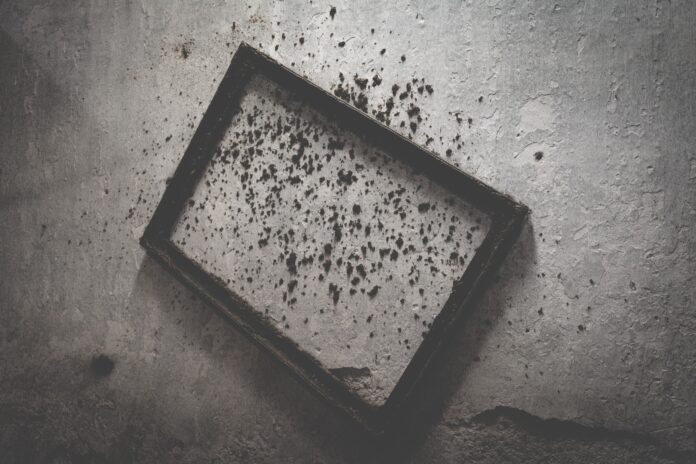NEW: Expert shares his advice on how to best deal with the problem which comes at the same time as rise in cases of bedbugs.
BRITAIN is in the grip of a new mould crisis, a leading property association has warned.
The National Association of Property Buyers says they are seeing more and more cases of mould infestations inside properties.
And they’ve warned the problem is going to get worse and wll become a bigger issue for many homeowners and renters in the New Year.
Spokesman Jonathan Rolande has now called for a national awareness campaign to drive up knowledge and information about the problem.
He said:”Damp and mouldy homes don’t just make life a misery – they put lives at risk. I fear the cost of living crisis is only making this issue more acute. I am seeing more and more cases of this at the moment in properties I am viewing and in pictures shared with me by colleagues in the industry.”
Explaining the main reasons properties suffer with dampness, Mr Rolande said: “Rain is a massive contributory factor. This can enter the home through a porous external wall or because of defective guttering or roofing. Once it has penetrated it soaks into insulation and plasterwork. This is a perfect environment for mould to grow. The UK is experiencing increasing amounts of torrential rainfall.
“Rising damp is a problem too. A more unusual cause as most properties built after 1930 have an adequate damp proof course (DPC) to stop moisture from the ground from entering the home. However, the DPC can be breached if soil or paving is built up around the outside walls.
“Condensation often creates damp as well. We all experience condensation in our homes when cooking or after a shower. Good ventilation is key, moisture has to be allowed to escape. Many people don’t ventilate adequately in an effort to preserve warmth in the home.”
TIPS ON HOW TO BEST DEAL WITH MOULD
*Switching on the heating for at least twenty minutes in the morning will even out the temperature and stop the cold spots where condensation settles. Warmer air increases airflow too which allows moisture to escape more easily.
*Ventilate. If safe to do so, leave a window slightly open whenever you can and always when cooking or bathing.
*Dry clothes outside when possible or in a ventilated room. Tumble driers cause less condensation.
*Use moisture traps or a dehumidifier to catch excess water.
*Remember that our homes are now more airtight – double glazing and insulation keeps the bills down but stops normal airflow.
*Some plants – ferns and orchids – reduce humidity and they look nice too
*Check the structure, damp can be a pipe leak or rain getting in through the brickwork. Check tiles and gutters are sound too.
*Use lids on cooking pans – it saves money too.
*Keep furniture away from walls to increase air movement
*Remove any mould quickly using mild bleach.
Help keep news FREE for our readers
Supporting your local community newspaper/online news outlet is crucial now more than ever. If you believe in independent journalism, then consider making a valuable contribution by making a one-time or monthly donation. We operate in rural areas where providing unbiased news can be challenging. Read More About Supporting The West Wales Chronicle

























